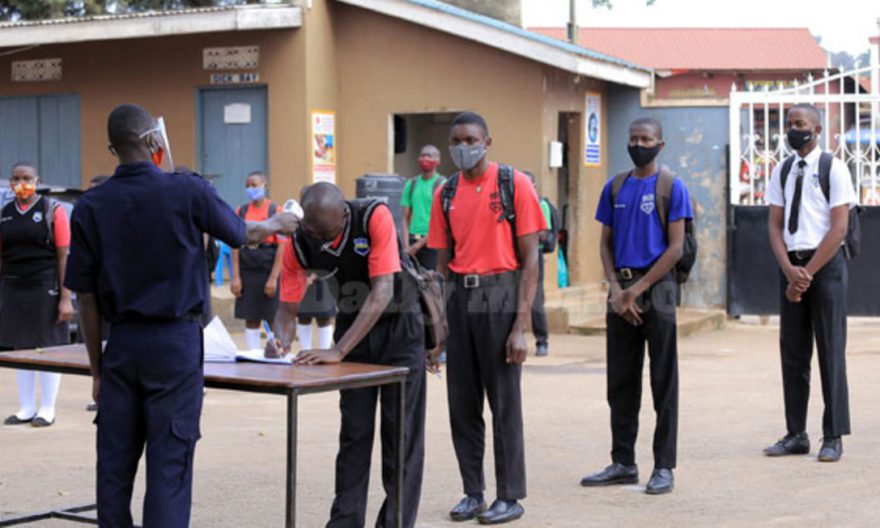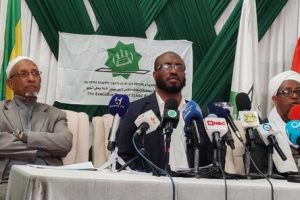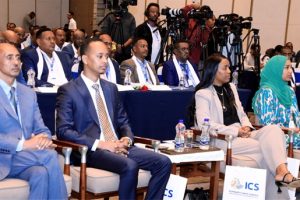
Uganda is the only country on the African continent where schools remain fully closed for close to two years despite registering low Covid-19 infections and deaths, according to data by a UN agency.
The data by the United Nations Children’s Fund (Unicef) tracks the educational impact of Covid-19 globally and shows that schools in Uganda have been closed for more than 77 weeks, close to 20 months, and counting.
This also makes Uganda the country that has closed schools longest in the world trailed by Nepal (74 weeks), Bolivia (73 weeks). India which has lost more than 452,000 people due to Covid-19 and has a bigger population than the African continent has also cumulatively closed schools for 73 weeks.
Closure of schools in Uganda has implied that more than 15 million learners have been kept home with the attendant effects on their welfare.
Last month, United Nations Children’s Fund (Unicef) noted that school closures have created a shadow crisis for children.
“Beyond falling behind on their education, many children are missing out on school-based meals and routine vaccinations, experiencing social isolation and increased anxiety, and being exposed to abuse and violence. For some, school closures have led to drop out, child labor and child marriage. Many parents have been unable to continue with their employment while balancing their children’s care and learning needs. Some have lost their jobs entirely, pushing their families into poverty and creating a deeper economic crisis,” the Fund says. At least 12 countries in Africa including neighboring Rwanda, South Africa, Zimbabwe, and Ghana closed their schools for more than 40 weeks. They have all, gradually, reopened their education institutions and respective economies based on the Covid-19 data. Uganda maintains a 7pm curfew across the country with key sectors of the economy including education institutions remaining under lock and key.
As of October 18, Uganda had vaccinated 2,575,021 people with a 1.8 percent positivity rate. The country registers less than 100 new cases of Covid-19 infections daily from 1,445 at the peak of the second wave in June.
Uganda is learning to reopen institutions of higher education in November and other schools in January 2022 provided teachers, support staff and students above 18 are vaccinated against Covid-19.
Last month, Education Minister Janet Museveni said the continued closure of educational institutions over Covid-19 is intended to safeguard the health of youngsters who are Uganda’s future.
She appealed to parents to be patient as the government ramps up vaccination of the vulnerable groups and students aged 18 and above.
Uganda’s President Museveni has accepted an invitation to attend and speak at this year’s Kusi Ideas Festival organized by Nation Media Group (NMG), the largest media house in East and Central Africa.
Launched in 2019 as part of NMG’s 60th anniversary celebrations, the festival is heralded as an “ideas transaction market” for the challenges facing Africa and the various solutions and innovations the continent is undertaking to secure its future. After editions in Kigali, Rwanda and Kisumu, Kenya, this year’s edition will be held in Accra, Ghana.
NMG Board Chairperson Wilfred Kiboro delivered the invitation during a meeting between the President and senior NMG executives at State House Entebbe yesterday where a wide range of issues of mutual interest were discussed.
During the cordial meeting, Museveni reiterated that Uganda is peaceful, stable, and has one of the fastest-growing economies in the world.
“Uganda is a very strong country,” Museveni said. “The economy is very strong and the army is very strong and some people are not
THE ETHIOPIAN HERALD OCTOBER 22/2021





